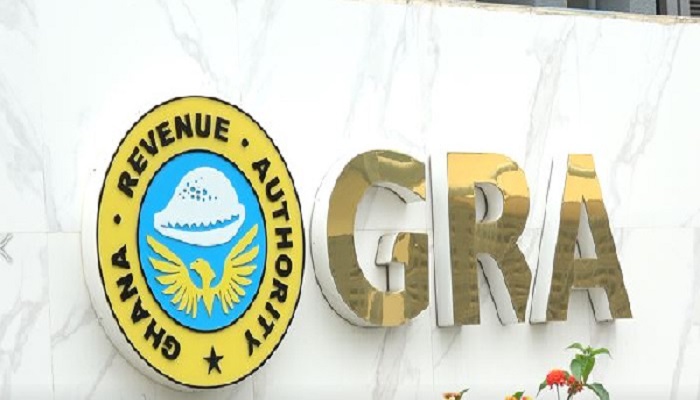Customs compliance not an obstacle-GRA to export, import Businesses
The online exchange was implemented by the German Cooperation, GIZ, German Alliance For Trade Facilitation and the Alliance for Integrity, with the Ghana Revenue Authority(GRA), Ghana Standards Authority, SOWITEC and the Ghana International Chamber of Commerce(ICC) as partners.

The Ghana Revenue Authority (GRA) has intimated that Custom Compliance is not an obstacle contrary to the view of some importers and exporters.
According to the Authority, compliance rather brings a great advantage for international trade, the state, and individual business.
Speaking during an online exchange on customs compliance, Deputy Commissioner for Ethics and Governance at the Ghana Revenue Authority, Alhaji Seidu urged all importers and exporters to make custom compliance a responsibility by understanding the rules and regulations that apply to their goods and how to comply with them thus ensuring the long term growth and sustainability of their businesses.
“Customs compliance is a responsibility for all those involved in the import/export trade. Though some see it as an obstacle in their way of life, it carries in its benefits for international trade, the state, and the Individual importer/exporter. Every trader involved in cross-border trade should fully understand what rules and regulations apply to his goods, and how to comply with them,” he noted.
“This will not only make the trader meet the demands of his customers/suppliers but also ensure the long-term growth and sustainability of his business and a competitive advantage over others in the same trade,” he added.
The online exchange which was on the theme; ‘BENEFITS AND CONSEQUENCES OF CUSTOMS COMPLIANCE’ also touched on various areas.
CUSTOM COMPLIANCE
According to Alhaji Seidu, Customs Compliance has to do with ensuring that all Customs laws, regulations, and procedures are complied with by those trading across borders. These comprise complying with international export, trade, and financial laws. This involves among others; Providing accurate information on the goods such as the correct customs tariff codes or Customs Procedure Codes (CPC) on export or import declarations/Entries assist in speedy processing of documents for goods crossing the borders.
BASIC COMPONENTS OF COMPLIANCE
He outlined six (6) components as follows; Passing through an approved entry point, Declaring the correct Tariff classification, Country of origin of the goods, Obtaining necessary permits/Licenses on the goods, Paying the duties/levies on the goods, Providing the correct Incoterms.
BENEFITS OF COMPLIANCE TO THE IMPORTER/EXPORTER
The first benefit is being a law-abiding company or businessperson; Taking advantage of preferential tariffs/valuations where applicable; Getting Customs compliance right leads to minimizing the cost of doing business by avoiding penalties and fines; Compliance with customs laws/regulations also ensures and protects corporate reputations and product identity by facilitating legal and responsible trading; It helps avoid and minimizes exposure to fines and penalties and Protects corporate reputations; Compliance also promotes Trade facilitation and customer satisfaction by avoiding shipment/supply by avoiding Customs delays due to investigations; Compliance can lead to a competitive advantage in the competitive market. E.g. Taking advantage of; Inward/Outward processing Reliefs (IPR/OPR) of raw material. Use of Customs Bonded warehouses and faster clearance of goods under the AEO ;Benefits from allowable discounts in valuation under the WTO rules on valuation and Trademark enforcements.
Additionally, Alhaji Seidu noted that inaccurate information provided by businesses, or their agents, on the other hand, can result not only in delays at the borders because of customs queries/inspections, but also other adverse consequences such as penalties, fines, or even legal action thus indicated that compliance is a continuous process.
The online exchange was implemented by the German Cooperation, GIZ, German Alliance For Trade Facilitation and the Alliance for Integrity, with the Ghana Revenue Authority(GRA), Ghana Standards Authority, SOWITEC and the Ghana International Chamber of Commerce(ICC) as partners.


